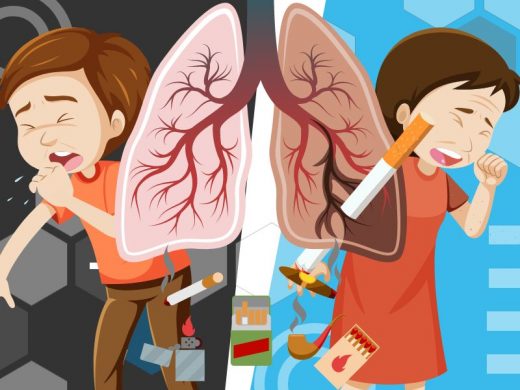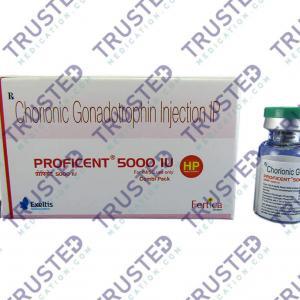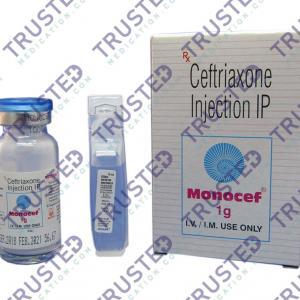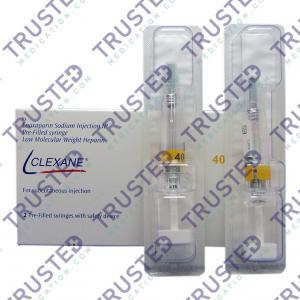
Lung cancer is the leading cause of cancer-related deaths worldwide. It occurs when cells divide in the lungs and causes tumors to grow. It affects breathing and may spread to other parts of the body. Lungs are two spongy organs in your chest that take in oxygen when you inhale and release carbon dioxide when you exhale.
The two types of lung cancer are small-cell lung cancer and non-small cell lung cancer. Non-small cell lung cancer is more common than small cell lung cancer.
Symptoms of Lung Cancer
Symptoms of lung cancer often occur in the later stage. These symptoms are often similar to lung infection. It includes:

- Hoarseness of voice
- Persistent lung infection
- Pneumonia
- Bronchitis
- Swelling in the lymph nodes in the middle of the chest
- Severe and long-term cough
- Chest pain
- Wheezing and shortness of breath
Severe symptoms include:
- Severe chest pain
- Bone pain and fractures
- Weakness and fatigue
- Severe headaches
- Coughing up blood
- Blood clots
- Weight loss
- Appetite loss
Stages of Lung Cancer and Survival Rate
The chances of surviving lung cancer can last up to five years or longer upon receiving proper diagnosis and treatment. Stages include:
- Localized stage. The cancer cell is in a limited area.
- Regional. The cancer cells are spreading in the lymph and other nearby tissues.
- Distant. The cancer cell is spreading in other parts of the body.
Stages of Non-small Cell Lung Cancer
- Occult/ hidden. It is not visible on imaging tests or scans but, they appear on mucus.
- Stage 0. Abnormal cells start to pop in the top layers of the cells lining the airways.
- Stage 1. There is a tumor in the lung but, it is 4 centimeters does not spread to other parts of the body.
- Stage 2. The tumor grows up to 7 centimeters and spreads in nearby tissue.
- Stage 3. The cancer call spreads to lymph nodes and other surrounding parts of the lung.
- Stage 4. The cancer cell spreads to distant body parts. It includes the brain and bones.

Risk Factors of Lung Cancer
- Smoking
- Exposure to secondhand smoke
- History of radiation therapy
- Exposure to a random gas
- Exposure to asbestos and other carcinogens
- Family history of lung cancer
Hot to Diagnose Lung Cancer?
- Imaging tests. An X-ray, CT, MRI, or PET scan might reveal areas of lung tissue with cancer.
- Tissue sampling. Your medical provider may take a biopsy to check for cancer cells using a bronchoscope.
Other Diagnostic Processes for Lung Cancer include:
- Pleural effusion
- Sputum
- Blood
Treatment for Lung Cancer
Your doctor may give you anti-cancer drugs and other recommendations. Typical treatments for lung cancer are:
- Surgery
- Chemotherapy
- Radiation therapy
- Radiofrequency ablation
- Targeted therapy
- Immunotherapy
- Palliative therapy









